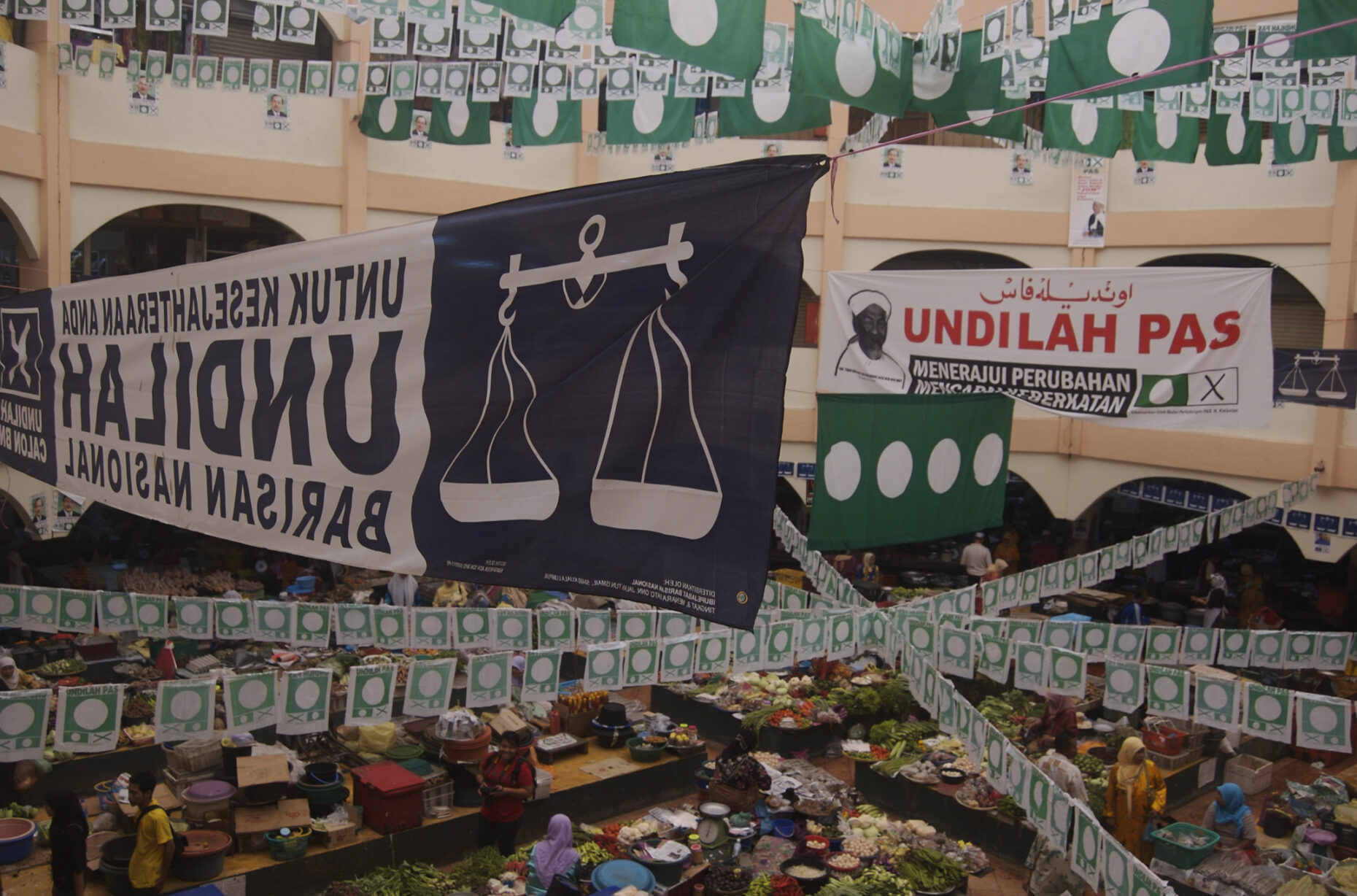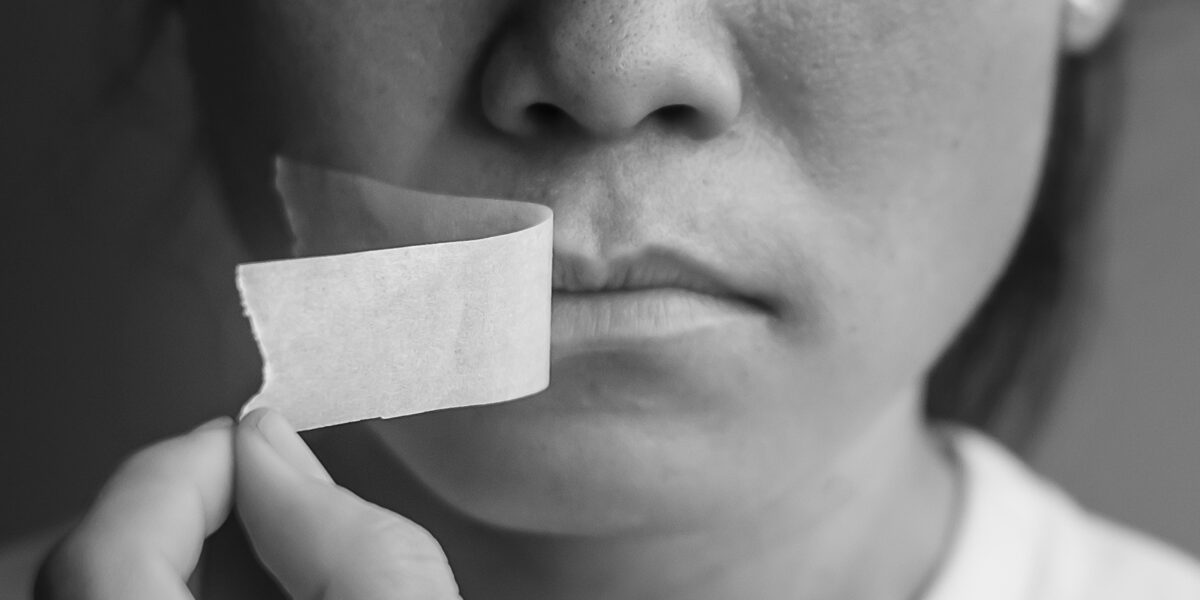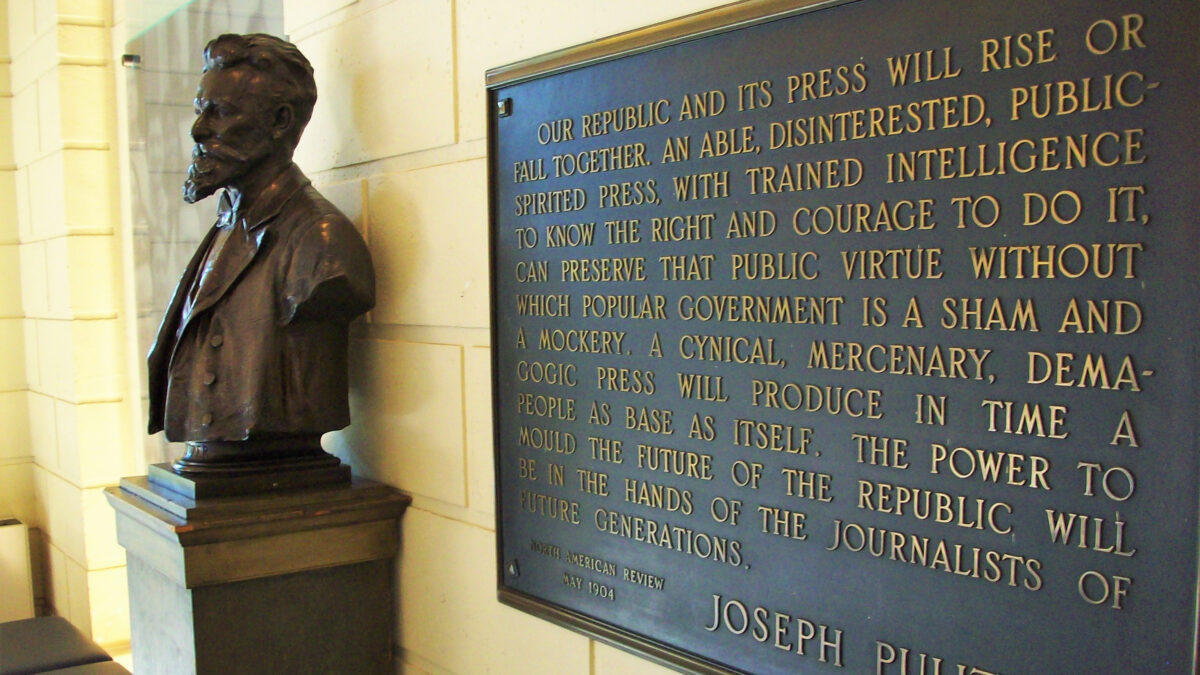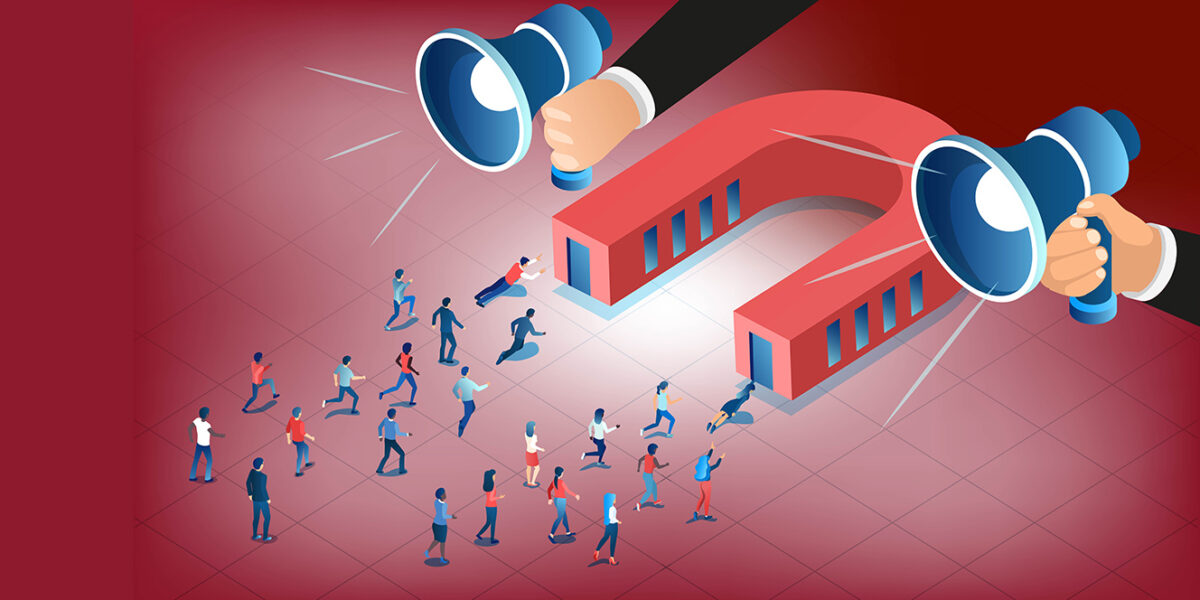Speech at the Excellence in Election Reporting in Southeast Asia awards ceremony and seminar on “The Role of Journalism in Supporting Democratic Elections in Southeast Asia”, Jakarta, 25 November 2019.
I confess that I am speaking to you here today with a big inferiority complex. I feel under-qualified to talk to you about election coverage, because although I have covered two parliamentary elections and two presidential elections during my time as a professional journalist, and a couple more as a blogger and academic, all this experience was in Singapore, which as you know has the least competitive, most predictable and smallest elections in Southeast Asia.
So this situation feels a bit like a school sports reporter trying to teach a roomful of Champions League football correspondents how to do their jobs.
I will try my best, drawing not from my direct experience on the ground, but from what scholars of media and politics say about press coverage of elections.
What the news media do very well is covering elections as a competition, almost like a sport. This seems to come naturally to journalists. We report on the different teams’ strategies and tactics, who’s up, who’s down, who is likely to win or lose, followed by post-match analysis and commentary.
This is exciting work for both journalists and for the public, even in Singapore, where not every result is totally predictable.
But, there are at least three other election-related jobs that we need the media to do, and which they perform with different levels of competence. These are: first, the watchdog role, for which I would give quality media a score of 7/10; second, the agenda-setting role, for which the media might get 5/10; and, third, the cultural role, which gets perhaps 3/10.
To understand these roles, let’s remind ourselves why elections and democracy matter. We often think of elections as a game through which the winners get to govern. But that isn’t what makes democracy special. After all, human societies have many ways to determine winners, such as military coups and just murdering your opponents so that you are the only one left standing.
What’s special about democracy is that it provides a nonviolent way to resolve differences. But this requires that elections are widely seen as legitimate.
Only when elections remain competitive, free and fair are they are recognised by all major actors as the “only game in town”.
This brings us to the first media role that I mentioned, that of an election watchdog. The press has a key role in ensuring the integrity of elections. Even if there’s a strong election commission to act as referee, it usually can’t spot every foul. The media can still serve a VAR role, providing scrutiny of election procedures and the conduct of candidates and their parties.
Several of the entries to our election reporting awards were of this sort, exposing election malpractices of various kinds.
Another aspect of the watchdog role is assessing party platforms and candidates’ many promises, and fact-checking their claims. The Indonesian CekFacta project, an experiment in collaborative fact-checking, is one interesting model.
But, overall, the world’s media cover candidates’ statements uncritically. Of course, professional journalists take accuracy seriously. But due to time pressures, they tend to equate accuracy with factually reporting what a politician said, even if what he said is not factually accurate.
The media are even weaker at keeping the election focused on issues that really matter. This is the second role of the media, that of agenda setting.
Electoral competition does not on its own incentivise candidates to debate the most important national issues. Candidates try to avoid controversy and complexity. They prefer to talk about their competitive advantages over their opponents – for example, who is a better Quran reader.
The media can help correct this tendency by keeping the spotlight on issues that matter. This needs to be done long before an election. In general, the closer a country gets to election season, the more political coverage resembles sport reporting, with its obsession on conflict, winners and losers.
Election coverage should instead model itself on health reporting. A good health reporter doesn’t just focus on which drugs are most popular; doesn’t just report pharmaceutical companies’ wild promises. She gets the best available evidence to inform readers about their choices, always focused on the welfare of the public, not the perspective of vested interests.
Election reporting, and political coverage more broadly, needs to remain similarly people-centric, covering what citizens need to know, not what politicians want to say.
Aside from strengthening the integrity of elections and setting the agenda, the media have a third critical responsibility: to help develop a political culture that is conducive to democracy. This is where media are weakest. This is probably because journalists themselves have not given serious thought to the importance of this aspect of democratic life.
A healthy democracy requires more than incorruptible institutions and strong constitutional protections of political and civil liberties.
Democracy is government by discussion. It’s a commitment we make to our fellow citizens that we’ll resolve our differences and decide our collective future through deliberation, through a conversation in which we all have an equal right to participate, and where the tiebreaker in an argument is reason, not violence, money, rank or tradition.
This commitment requires citizens to have attitudes, instincts and values, or what some political theorists have called “habits of the heart”, that are pro-democratic.
The core value is respect for the equal dignity and equal rights of fellow citizens. This translates into tolerance of different viewpoints and different ways of living.
It also means an unflinching commitment to the human rights of society’s most vulnerable, not just the will of the majority.
When we look around the world today, it appears to many that democracy is in crisis. I suspect that this crisis has less to do with poorly organised elections or corruption of political parties – although these are of course serious problems – than with our failure to build the required habits of the heart.
The wave of authoritarian populism, like we’re seeing in the Philippines, or extreme polarisation, like in Thailand, or intolerant religious nationalism, like in Indonesia, Malaysia, and Myanmar, are all symptoms of a pathological political culture.
The required cultural shift cannot be achieved without the help of media. Realistically speaking, we will continue to cover elections like a sport. But that should not stop us from also framing electoral contests as just one part of democratic life. We need to train ourselves in the media and our publics to understand the rules of this much larger game.
Currently, too many of our citizens equate democracy with majoritarianism rather than equality, and with the popular will at the expense of minority rights.
Too many see democracy as an event, for choosing governments through elections. Too few recognise that democracy is a process, of government through discussion. It’s not primarily about winners and losers, but about how we can all negotiate and compromise to achieve collective progress and social justice.
– Originally published at https://www.mediaasia.info/covering-elections/



